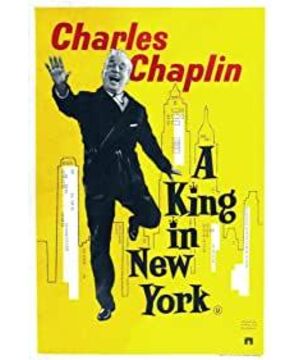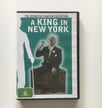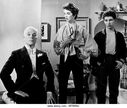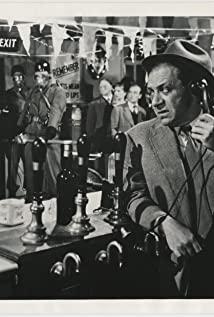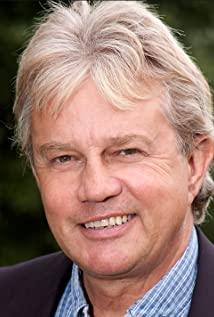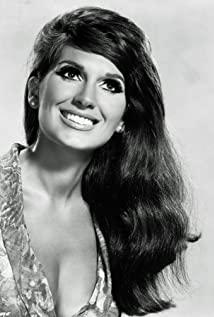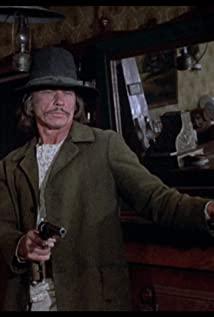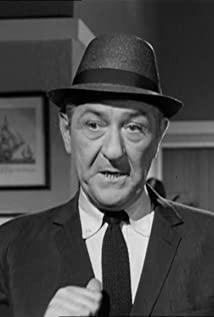The great thing about Chaplin is that he has given dignity and hope to every humble and unfortunate person in this world.
His films are like Rodin's evaluation of Rembrandt's paintings, trying to reflect the holiness of the soul under the ordinary appearance.
He elevated the lowly clown of the vaudeville theater to a gentleman and a saint. Starting from Chaplin, poor people finally have their own spokespersons. They can exchange their humiliation for laughter without losing all of their deeds. Human dignity.
His film takes "Modern Times" as a watershed. After entering the sound film, his style and subject matter have changed a lot. He is a master who survived that era.
In those silent films, one can find a kind of poetic lyricism related to literature, and the aristocratic temperament brought by the theater stage remains. After entering the age of sound films, it becomes more commercial and civilian and loses poetic lyricism.
Chaplin's works were not spared either.
The early films were basically optimistic and positive, and they also had more comedic colors. They were joyful and sad, mainly joyful and romantic. The later works showed the author's own pessimism about the world and human nature. There is joy in sadness, with sadness as the main reason, and the social critical consciousness is stronger. I think the most gloomy work is "Mr. Verdoux".
This film belongs to the transitional stage, and its theme is the exposure and satire of American McCarthyism in the 1950s.
The story itself adopts the old routine of Europeans traveling in the United States, and made a bitter satire on American business culture and the political atmosphere at the time from a European perspective.
The film retains Chaplin's idealistic tone, portrays an image of a ridiculously kind king, and makes a cold critique of the hypocritical upper-class society and American politics, legal system, education, and business. As a person who developed in the United States in the early stage and achieved great success, no one knows the United States better than Chaplin. Therefore, his feelings for the United States are reflected in this film in the most true way, both praise and criticism. I believe that the relationship between him and the Americans is both love and hate, and the relationship between him and the British compatriots is closer.
The images of clowns, girls, and children that he likes to set up again and again in his works still appear in the film. He is the king of clowns, and the beautiful young American advertising girl has become a symbol of the sad and pure girl in each of his works-Chaplin's love for young girls is sincere, despite being morally wronged by people I criticize, but I believe that he believes that there is love in the world after all is based on believing that he can finally find a pure and loyal girl in this dirty world.
As another frequent visitor in his works, the child appeared again.
Because in his own heart lives a lonely abandoned child, he is the child in those movies.
This time the image of a child appears as a humorous image who believes in Marxism. His radical remarks are actually just a child who misses his parents.
Chaplin understands children. Every genius has a child's innocence. If it is not innocence, he will not be able to understand the mysteries of the universe.
The image of the clown has several connotations in Chaplin.
It is a savior, a struggler, and a rebel. In Chaplin, childishness, genius, artist and philosopher are integrated. Like Bergman, he has a deep understanding of human nature. His later film lines all have the shadow of Schopenhauer, a sophisticated and sophisticated person who sees through human nature and the emptiness of the world. On the other hand, as a child of an artist, he uses humorous pranks to resist the absurdity of life and the irrationality of the system. Without the profoundness of a philosopher, he lacks depth, and without the innocence of children, there is no innocence of actors. In him, the two are so perfectly combined.
Like his later works, this film presents a kind of cold realism, but this really shows the changes he has made to the changes of the times.
That was no longer a poetic age, but an atomic age that was more and more discovered, so he had to make corresponding adjustments to adapt to the times. Even so, as an audience, you can still find smiling tears in his movies.
Whether as a spectator or an ordinary person, we should all thank Chaplin. He has given us a little comfort and dignity to those of us who are always living in absurdity and sadness without dignity. His immortality lies in the fact that he sees it. The coldness and despair of the world still tell us that there is beauty, kindness, and love after all.
Art warms people's souls.
View more about A King in New York reviews


